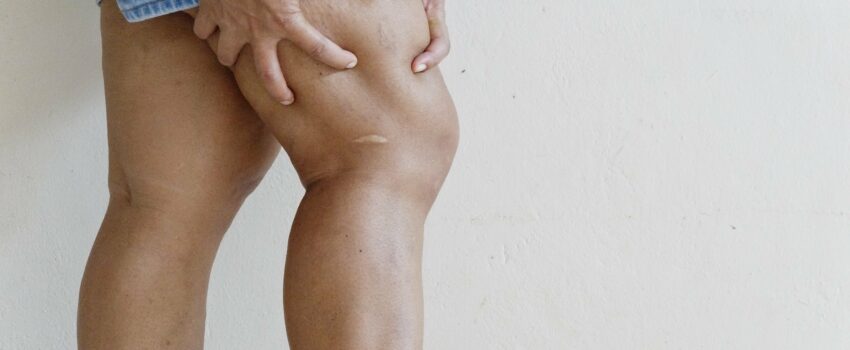Excess weight is linked to many health problems, including poor vein health and varicose veins. Understanding the connection between weight and vein health may empower those at risk to seek treatment that can reduce their vein symptoms and the risk for related complications such as blood clots and painful ulcers.
Here’s more about the relationship between excess weight and varicose veins and how to contact North Shore Vein Center for an initial vein consultation.
What Are Varicose Veins?
Varicose veins are large, twisted veins that develop near the surface of the skin—usually in the legs. They develop when valves in the vein become damaged or weakened to prevent blood from flowing back to the heart. As a result, blood flows backward into the affected vein to pool or collect in the vein, causing it to twist, stretch, and become more visible below the skin.
How Excess Weight May Cause Varicose Veins
Excess weight puts extra pressure on veins throughout the body and is one of the top risk factors for varicose veins. Increased pressure that is being placed on veins due to excess weight can eventually damage valves to not only cause varicose veins but also reduce blood flow to certain parts of the body.
Chronic venous insufficiency is another common vein problem associated with excess weight. This particular vein disease occurs when the veins in the legs become damaged to cause swelling and skin changes. When not treated, chronic venous insufficiency may lead to complications, including ulcers, pulmonary embolism, deep vein thrombosis, and secondary lymphedema.
Can Varicose Veins Go Away After Weight Loss?
Losing excess weight can certainly improve overall vein health, as it can help prevent the development of new varicose veins and reduce the appearance of existing veins. However, varicose and damaged veins will not completely disappear after weight loss, as these vein issues are irreversible.
If varicose veins are still visible or causing problems after losing excess weight, the next best step to take is to meet with a vein specialist. A vein specialist can examine the problematic veins and suggest treatments to repair the damaged veins and/or make them less visible.
How to Prevent Varicose Veins
Varicose veins may be prevented by practicing a series of healthy behaviors that contribute to good overall health and promote good blood flow and circulation.
Healthy behaviors that may reduce the risk of varicose veins include:
- Exercising regularly. Exercise can help with weight loss and weight management and improve blood flow and muscle tone to reduce vein issues. Walking, climbing stairs, and stretching are exercises that may improve symptoms of varicose veins.
- Eating healthy foods. Foods high in fiber and low in salt, such as fruits and dark leafy greens, can help with weight management and reduce bloating and water retention that can cause or worsen vein issues.
- Taking breaks to walk or move around when sitting for long periods. This can increase circulation to reduce the risk of blood clots and damaged valves when driving or working at a desk.
- Wearing compression stockings when traveling. Compression hose may reduce symptoms of varicose veins when sitting for long periods.
North Shore Vein Center offers treatments for varicose veins, including sclerotherapy and endovenous laser ablation. Contact North Shore Vein Center today at (516) 869-8346 to request an initial vein consultation if you need treatment for spider veins or varicose veins.

